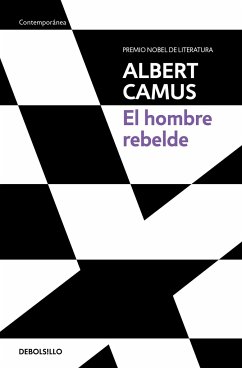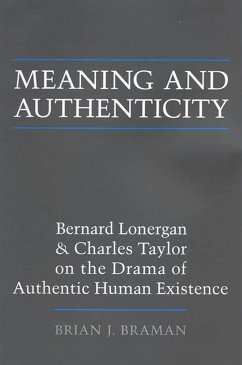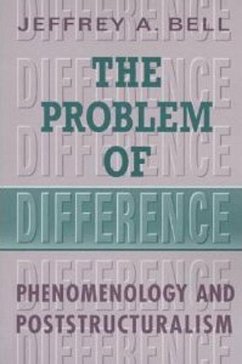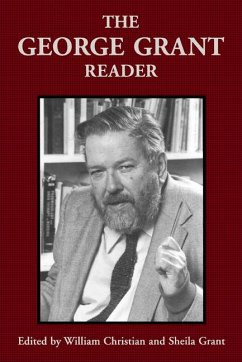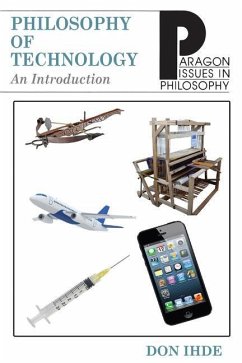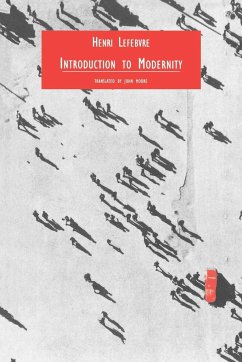
Transforming Conflict Through Insight
Versandkostenfrei!
Versandfertig in über 4 Wochen
39,99 €
inkl. MwSt.

PAYBACK Punkte
20 °P sammeln!
Transforming Conflict through Insight demonstrates how applying Bernard Lonergan's philosophy of insight to mediation can lead to more productive and constructive negotiations.



![The Present Conflict of Ideals [microform]; a Study of the Philosophical Background of the World War Cover The Present Conflict of Ideals [microform]; a Study of the Philosophical Background of the World War](https://bilder.buecher.de/produkte/65/65604/65604006n.jpg)

